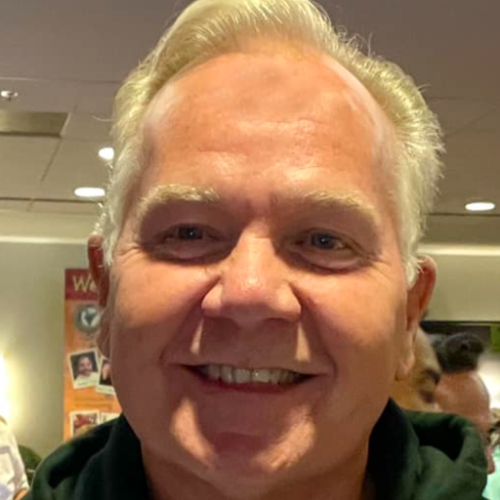-
Want Vs Need Series
Contributed by Michael Mccartney on Nov 28, 2017 (message contributor)
Summary: We need to mature in our relationship with the Lord. We do this by wanting what we need. Not needing what we want. We place our life and faith in seeking God and following His lead in our life.
“Need Vs Want”
Series: 4 Letter Words
Thesis: We need to mature in our relationship with the Lord. We do this by wanting what we need. Not needing what we want. We place our life and faith in seeking God and following His lead in our life.
Scripture Text (Key verse): -Matthew 6:33:
33But seek first his kingdom and his righteousness, and all these things will be given to you as well.
Introduction:
Discovering the difference between a need and want in our lives has a lot to do with our mindsets and even our expectations in life.
For example: Could a realistic expectation be that we can learn a foreign language in one week, can we in one week learn a new culture? No, we could not but our want vs need could be impacted if we believe we should be able too.
The truth is Christians become disillusioned and discouraged with faulty expectations: These fleeing expectations confuse needs and wants in a person’s life.
The following thoughts are from Sy Rogers:
God is event and process orientated – Most Christians are only event orientated.
But the development of a baby is a process caused by one passionate event in the bedroom.
Birth is an event but there is a process of growth and maturity. God will not zap a person through adolescent. A 2yr old cannot be a 12 year old. You have to go through the process of maturity and for us we must spiritually mature in our walk with the Lord so that our needs are clear and Biblical. When we have a mature mindset in Christ our wants change and our real needs become clear in view of eternity.
Phillip Yancey had this to say about people’s expectations:
Phillip Yancey, Finding God in Unexpected Places (pages 187-188)
Daniel Boorstin, former librarian of Congress and director of the Smithsonian National Museum of American History, offers this assessment of contemporary culture:
When we pick up our Newspaper at breakfast, we expect-we even demand-that it bring us momentous events since the night before. We turn on the car radio as we drive to work and expect “news” to have occurred since the morning newspaper went to press. Returning in the evening, we expect our house not only to shelter us , to keep us warm in winter and cool in summer, but to relax us, to dignify us, to encompass us with soft music and interesting hobbies, to be a playground, a theatre, and a bar. We expect our two-week vacation to be romantic, exotic, cheap and effortless. We expect a far-away atmosphere if we go to a near-by place; and we expect everything to be relaxing, sanitary, and Americanized if we go to a far-away place. We expect new heroes every season, a literary masterpiece every month, a dramatic spectacular every week, a rare sensation every night. We expect everybody to feel free to disagree, yet we expect everybody to be loyal, not to rock the boat or take the Fifth Amendment. We expect everybody to believe deeply in his religion, yet not to think less of others for not believing. We expect our nation to be strong and great and vast and varied and prepared for every challenge; yet we expect our ‘national purpose’ to be clear and simple, something that gives direction to the lives of two hundred million people and yet can be bought in a paperback at the corner drugstore for a dollar.
We expect anything and everything. We expect the contradictory and the impossible. We expect compact cars which are spacious; luxurious cars which are economical. We expect to be rich and charitable, powerful and merciful, active and reflective, kind and competitive. We expect to be inspired by mediocre appeals for ‘excellence’ to be made literate by illiterate appeals for literacy. We expect to eat and stay thin, to be constantly on the move and ever more neighborly, to go to the “church of our choice” and yet feel its guiding power over us, to revere God and to be God.
Never have people been more the masters of their environment. Yet never has a people felt more deceived and disappointed.
Opening remarks: Tonight some of you have come to church to this service because there is a missing link in your life. You are not exactly sure what it is but there is void. You have discovered that your car, your job, you’re I-phone, you’re computer, you’re friends have disappointed you and have not filled this missing void in your life. You have thought that the items I just mentioned were real needs but you soon discovered that they were really a want because they failed to fill that void in your heart and life. You know there is more to life than these things or even friends so you are searching for that in your life. You are looking to have your biggest need met in your life. I believe that key need is associated with a relationship between you and God.

 Sermon Central
Sermon Central



